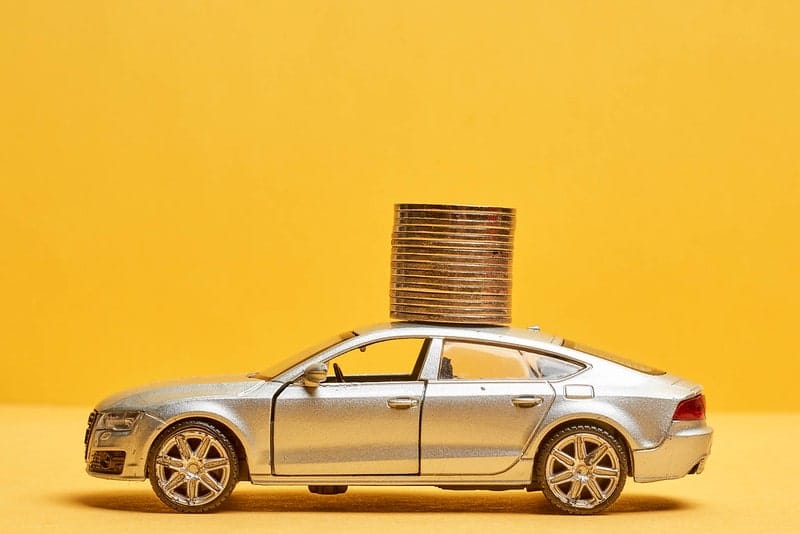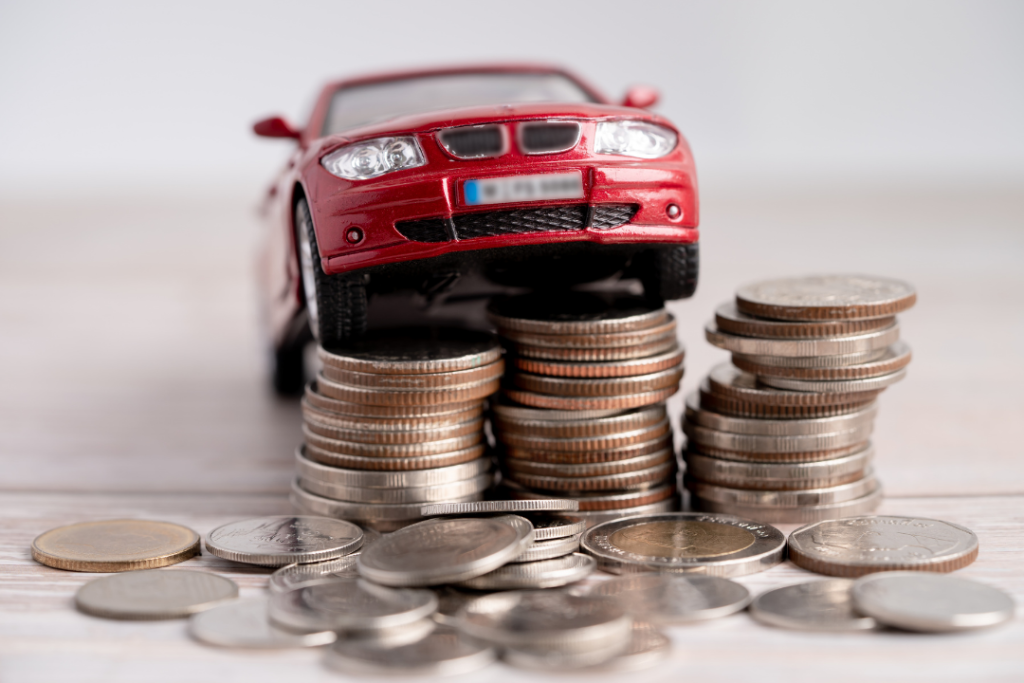
How to Reduce Your Car Loan Payments
When Car Prices Rise
Over the previous two years, used car costs have increased dramatically, with some categories seeing increases of up to 37%. So, what should you do if you still need to buy a vehicle but don’t want to break the bank?
It is also important to think about how you may save money on your automobile loan before purchasing a vehicle, especially if you are looking for an ultra-low interest motor.
We’ll go over all of the various methods to save money on your automobile loan in this post so that buying a vehicle in today’s post-pandemic world is as simple as possible.
Comparing Options
The amount you pay on your automobile loan will vary considerably based on the loan you pick, the lender to whom you apply, and the features you select. Understanding all of your options — as well as comparing them — can help you not only pick the ideal auto loan but also get yourself a great deal.
As a rule of thumb, purchasing from a dealer will usually cost you more in the long run because you’ll have to pay it back over time.
Why not? Many automobile purchasers consider dealer finance to be the simple alternative, taking out financing from the dealer at the same time they pick up their vehicle. Dealers, on the other hand, may be hesitant to offer you the cheapest price since car buyers may be eager to simply go with whatever they offer. At the same time, dealers may try to push you into purchasing a loan so that they can earn a commission.
Comparing auto loans online before purchasing a vehicle – whether at a dealership or privately – can help you compare your alternatives and apply for the finest car loan for you.
Choose a Term
Is it possible that you’ll pay more than you want for a car? It might be difficult to resist the urge to make that purchase more accessible by paying it off over a longer period of time.
That may not be a smart idea, though. You’ll almost certainly pay back more in interest and fees if you make extra payments on a loan for a longer time period. Also, you’ll be in debt for longer, making it more difficult to obtain other credit down the road.
Let’s take a look at one.
Charlotte approaches a dealer and applies for a $25,000 vehicle loan with an 8 per cent p.a. fixed rate. While there is no establishment fee, the lender charges an ongoing administration charge of $10 each month.
Charlotte takes out a three-year loan at $793 per month. She pays back $3,563 in interest and fees over the course of three years.
Charlotte could expect to pay $50 after tax for a five-year loan, with monthly repayments of $517. She would, however, pay a lot more in interest and fees at around $6,000.

Make a deposit.
When you buy a car, making a deposit is one more approach to save money on interest.
Let’s assume that Charlotte makes a $5,000 down payment, bringing her loan amount down to $20,000.
Her monthly payments would be considerably lower at $637 per month on a three-year loan, but she would pay $2,922 in interest and fees over the life of the loan.
Consider some features.
Choosing a vehicle loan with more features, such as the ability to make extra payments and draw on the loan, can increase the cost of the loan significantly at first. However, selecting this sort of loan might help you save money in the long run.
How can I do it? You may work on paying down your loan faster to save money on interest and costs.
Going green.
Hybrid and electric vehicles are becoming increasingly popular in Australia. As a result, many car loan companies now give incentives to customers looking to go green.
You may save a significant amount of money on interest and fees if you opt for a hybrid or electric vehicle, simply by picking the best green car loan alternative.
Raise Your Credit Score.
Last but not least, there’s one more way to save money on your automobile loan? Check your credit before applying.
Borrowers with a poor credit history regularly pay greater interest expenses, according to Experian’s Credit Score Trends. Rates are determined partly based on the risk of lending to each borrower, so borrowers with a worse credit score generally end up paying higher interest rates.
Borrowers with a higher credit score are considered less risky, which means they receive smaller interest rates on their loans.
So, if your credit isn’t in tip-top shape, it might be a good idea to work on fixing it before purchasing a car.
